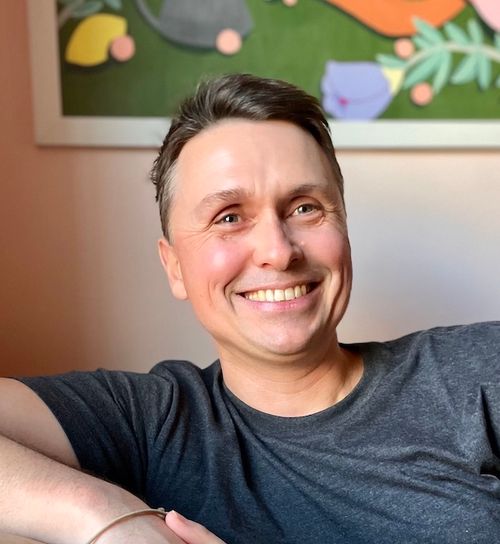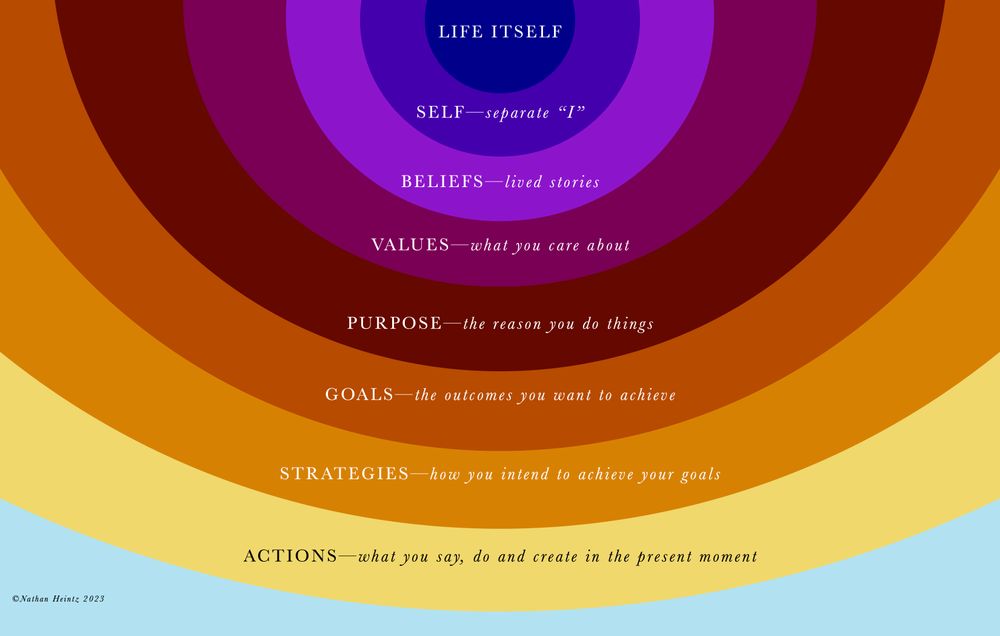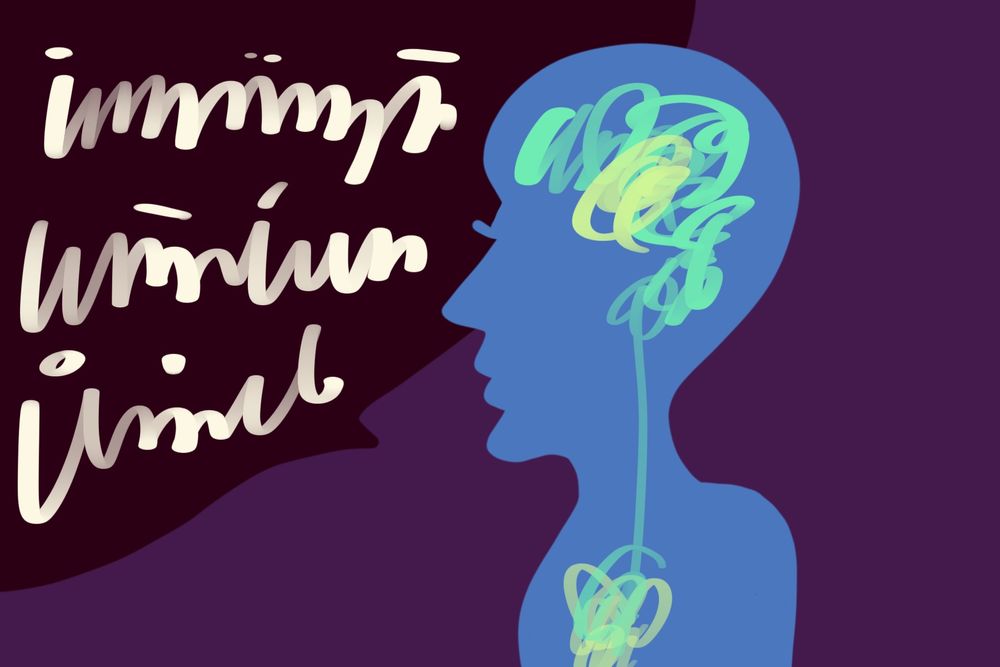Widespread, systemic social change is not something we can just "do." More and more it seems that social change is something that "comes about" or "emerges" from ecologies of interwoven people, organizations, interests, habits, practices, industries, and relationships. These are living systems. Not just complex systems.
While we can look at our history and culture and see massive progress and advances in many different areas of human life, we can also clearly see that we are living through a post-Orwellian nightmare of interconnected late-industrial catastrophes. Contemporary literature and practice refer to these as "wicked messes."
A practice of systemic social change, then, is a practice that brings together people who are part of — or witness to — a particular wicked mess, say gun violence, race inequality, or climate change. It brings the people involved at every level together to investigate the nature of that challenge and to try out some ways to begin to address it.
The tools and methods used in this kind of practice are many, including Systems Thinking (see Ludwig von Bertalanffy, Donella Meadows, David Peter Stroh, Gregory Bateson, and the Deep Ecology movement), Ethnography, Design (including participatory design, design thinking, prototyping, human-centered design etc), Theory U (Otto Scharmer), Agile Project Management, Grounded Theory, Social Sculpture (Joseph Beuys, Antanas Mockus); as well as processes and tools like Council, Non-Violent Communication, Deep Democracy, the Work that Reconnects (Joanna Macy) and the Art of Hosting. Even various meditative traditions can be part of the milieu, offering insight, embodiment and leadership training needed to develop the resilience and agency for systemic change.
What is Systems Change?
Widespread, systemic social change is not something we can just "do." More and more it seems that social change is something that "comes about" or "emerges" from ecologies of interwoven people, organizations, interests, habits, practices, industries, and relationships. These are living systems. Not just complex systems. While we can look








